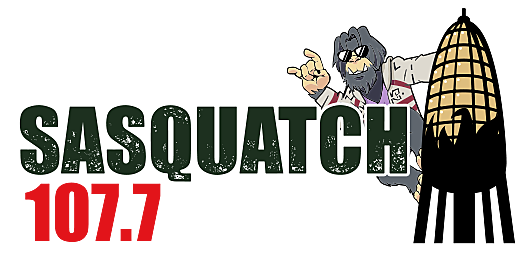
Minnesota Governor Announces Peacetime Emergency – New Coronavirus Recommendations
St. Paul, MN (KROC-AM News) - Governor Tim Walz held a news conference this afternoon at the State Capitol to announce that he has signed an executive order declaring a Peacetime State of Emergency in Minnesota.
The governor likened the order to opening a toolbox containing tools that will allow the state and local governments to more effectively and officially respond to the spread of a new coronavirus. Those tools include the ability to activate the Minnesota National Guard if needed. Walz also called on state lawmakers to quickly enact legislation that would provide additional resources to healthcare providers and the operators of nursing homes and other long-term care facilities.
Minnesota Department of Health Commissioner Jan Malcolm also spoke at today's news conference and announced that there are now 14 presumptive cases of COVID-19 in the state. Governor Walz indicated 2 of the patients are hospitalized. The total has risen by 5 since yesterday, with all of the new cases in the Twin Cities metro area and all linked to travel to areas with coronavirus activity.
Malcolm also listed off some of the "community mitigation" measures being recommended by the state to slow the spread of the new viral illness. The full set of recommendations is available on the MDH Coronavirus Disease (COVID-19) website. Key items on the list include:
- Event organizers canceling or postponing gatherings with 250 or more people, including concerts, conferences, professional and amateur performances or sporting events.
- Event organizers canceling or postponing smaller events (those with less than 250 people) that are held in settings that do not allow social distancing of 6 feet per person.
- Event organizers limiting attendance to no more than 10 people for events where the majority of participants are at higher risk for severe illness from COVID-19.
- People and families at higher risk of severe COVID-19 illness staying at home and avoiding gatherings or other situations of potential exposures, including travel.
- Employers making telework arrangements for workers whose duties can be done remotely.
- Employers staggering work schedules and limiting non-essential work travel.
Health care facilities and assisted-living facilities more strictly limiting visitors. - Faith-based organizations offering video or audio events.
Hospitals and other health care facilities implementing triage before entering facilities (for example, parking lot triage, phone triage, and telemedicine to limit unnecessary visits).
The Minnesota recommendations include school-specific guidance for limiting close-contact interactions. However, consistent with guidance from the Centers for Disease Control and Prevention (CDC), MDH has not recommended that K-12 schools close unless specifically advised to do so by health officials. However, as the situation evolves there may be points where specific or broad closures would be ordered. Parents of children and teens with underlying health conditions should consider distance learning as a precaution.
Shopping for groceries and other items is not affected by these recommendations, although it is a good idea to limit close contact when doing so – and people who are sick should not be shopping or using transit. They should stay home until they recover.
The recommendations to avoid mass gatherings do not pertain to normal operations of airports, bus and train stations, medical facilities, libraries, shopping malls and centers, or other spaces where 100 or more people may be in transit. Even so, people in high-risk categories (the elderly and those with underlying medical conditions) should consider limiting such activities.
According to Minnesota Commissioner of Health Jan Malcolm, these recommendations show that every Minnesota resident and organization has an important role to play in protecting our state from the risks of this disease.
You can watch the full news conference below:

More From Sasquatch 107.7 - The Rock of Rochester




![29 Kids Are Missing From Minnesota, Let’s Help Get Them Home [UPDATED]](http://townsquare.media/site/717/files/2021/04/attachment-Missing-Kids.jpg?w=980&q=75)

